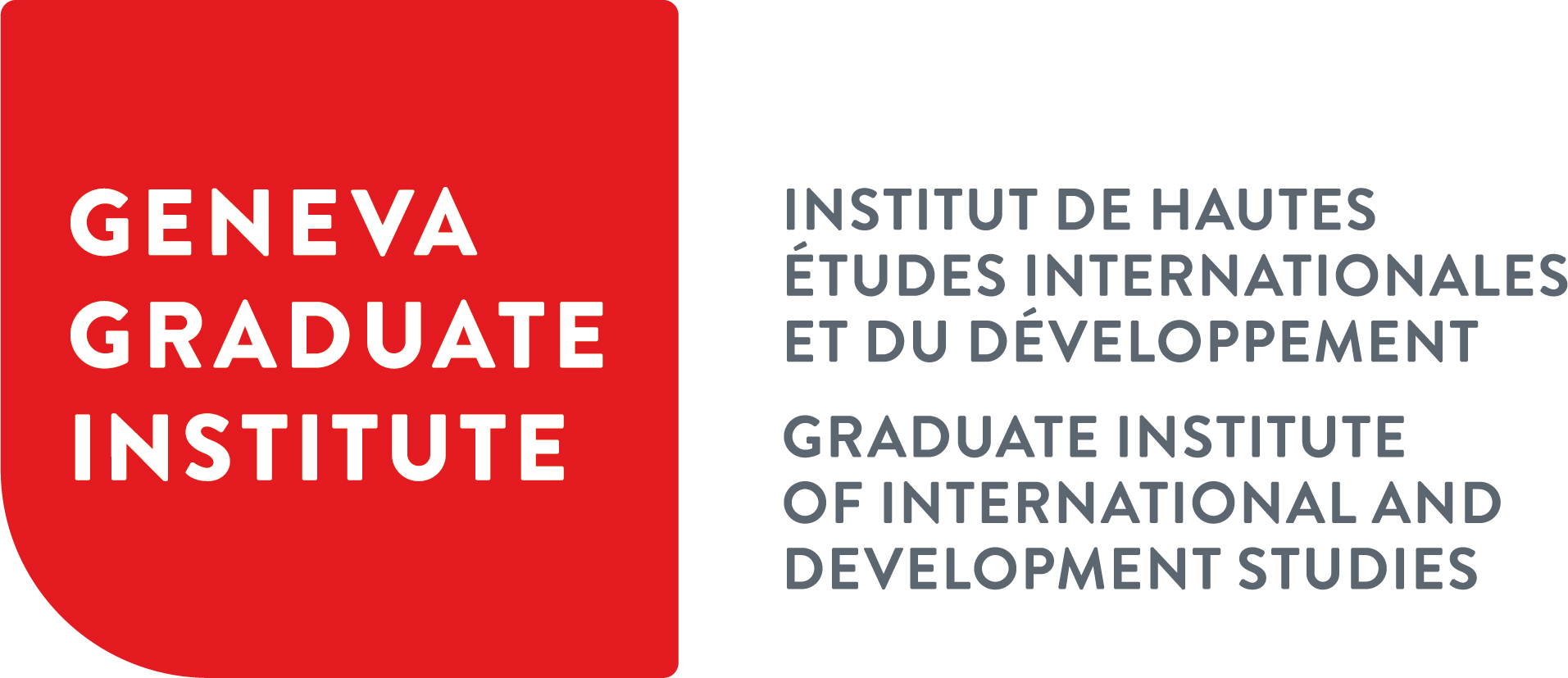News » RULAC: Updates on the Armed Conflicts in Iraq, Libya, Syria, South Sudan, Turkey, and Yemen
RULAC: Updates on the Armed Conflicts in Iraq, Libya, Syria, South Sudan, Turkey, and Yemen
Our Rule of Law in Armed Conflicts (RULAC) online portal features updated entries on the armed conflicts taking place in Iraq, Libya, Syria, South Sudan, Turkey and Yemen. These integrate recent developments like the Turkish offensive in Afrin, Israel’s largest scale aerial attacks inside Syria, and the divisions and infightings in Yemen.
Syria: deepening involvement of foreign states
The multiple and overlapping non-international and international armed conflicts in Syria are further complicated by the deepening involvement of foreign states that pursue conflicting agendas.
While the U.S.-led international coalition continues to undertake airstrikes against the Islamic State group, the United States repeatedly targeted Syrian government positions in Syrian during 2017. Notably, Turkey expanded its involvement in January 2018 when it launched an offensive against the Kurdish Protection Units YPG in Afrin. In February 2018, Israel launched its largest scale aerial attacks so far inside Syria. Undertaken without the consent of the Syrian government, these foreign interventions amount to international armed conflicts.
Yemen: divisions and infighting between allies
Divisions and infighting between allies towards the end of 2017 and beginning 2018 added additional layers of complexity to the ongoing non-international armed conflicts in Yemen between the Houthis and the internationally recognized government of President Hadi.
First, in December 2017, the Houthi-Saleh alliance broke down and former President Saleh was killed during the fighting between the former allies in Sana’a. Second, in January 2018, fighting erupted in Aden between forces loyal to the Hadi government and the Southern Transitional Council / Southern Movement, a separatist group that had emerged in 2007 and allied itself with the Hadi government. The fighting between forces loyal to the Hadi government and the Southern Transitional Council / Southern Movement brought to the forefront divergences within the Saudi-led international coalition. The Saudi-led international coalition has been intervening in Yemen with the consent of the Hadi government since 2015. During the recent infighting, Saudi Arabia supported the Hadi government while the United Arab Emirates backed the Southern Transitional Council / Southern Movement.
In parallel, the United States significantly expanded its airstrikes against suspected al-Qaeda in the Arabian Peninsula members in 2017.
Iraq: the Iraqi Kurdistan referendum
The non-international armed conflict in Iraq continues despite the seizure of Mosul from the Islamic State group in July 2017. In September 2017, the people living in the Iraqi Kurdistan region voted in favour of independence. Since the vote for independence, Iraqi government forces re-entered and re-established control over areas previously controlled by Kurdish forces, namely the contested area of Kirkuk. Iraqi Kurdistan is not recognized as a state, and the independence referendum does not change this. Hence, the classification of the conflict remains unchanged.
Libya: competing governments and international airstrikes against the Islamic State group
The multiple and overlapping non-international armed conflicts in Libya between armed groups supporting competing government institutions and Islamist armed groups continue.
During 2017, Tripoli saw repeated clashes between armed groups loyal to and armed groups opposed to the UN-backed Government of National Accord. The self-declared Libyan National Army continues to support the rival government of the House of Representatives and extended its territorial control in southern and eastern Libya in 2017.
In January 2017, the United States ended its airstrikes against the Islamic State group in support of and upon invitation of the UN-backed Government of National Accord and ceased to be a party to the conflict. The United States did not carry out further airstrikes until September and November 2017 against suspected Islamic State group militants. According to the United States, these airstrikes were carried out in coordination with the UN-backed Government of National Accord. However, unlike the previous airstrikes, they were not carried out with the objective of supporting armed groups allied with the government. Therefore, the United States is not a party to the armed conflict by virtue of these airstrikes.
Apparently without the consent of the UN-backed Government of National Accord, Egypt launched airstrikes against the Islamic State group in May 2017. Undertaken without consent, these airstrikes amount to a short-lived international armed conflict.
South Sudan: Deployment of the regional protection force and cessation of hostilities agreements
The phased deployment of the Regional Protection Force authorized by Security Council Resolution 2304 (2016) began in August 2017. The Regional Protection Force is to supplement the existing UN peacekeeping mission and mandated to provide protection to key facilities and routes in Juba and to strengthen the security of UN Protection of Civilians’ sites in South Sudan.
On 21 December 2017, the parties to the non-international armed conflict in South Sudan signed a Cessation of Hostilities Agreements. However, within weeks of its entry into force, the Agreement was repeatedly violated.
Turkey: spill over of the non-international armed conflict in Turkey
The non-international armed conflict in Turkey between the Turkish security forces and the Kurdistan Worker’s Party PKK continues. During 2017, the regional dimension of the conflict has become more pronounced with Turkey continuing to engage Kurdish militia in Syria and Iraq, viewing them as an extension of the PKK. The attacks against Kurdish militia allied with the international coalition against the Islamic State group in Iraq and Syria leads to tensions between Turkey and the members of the international coalition.


